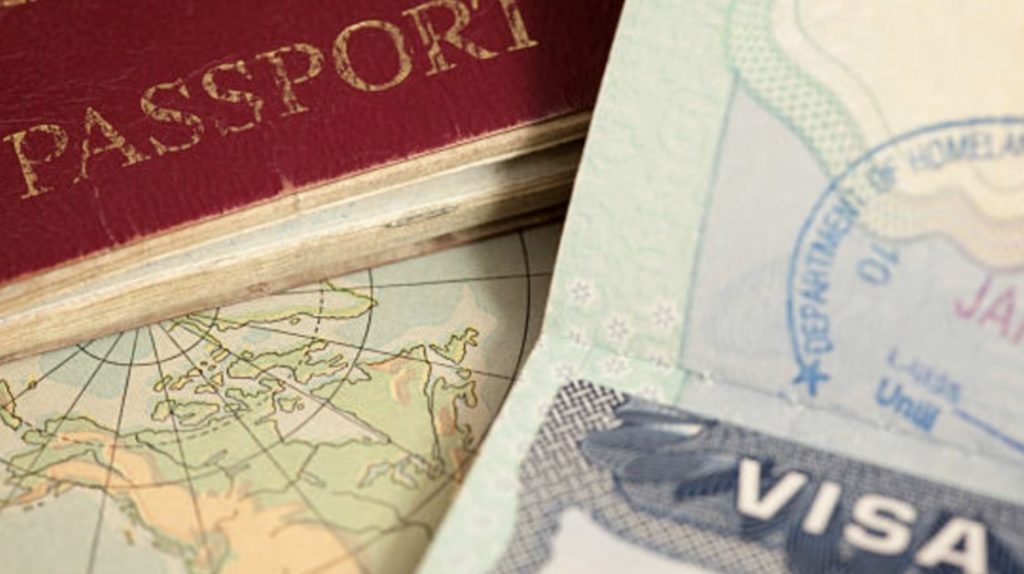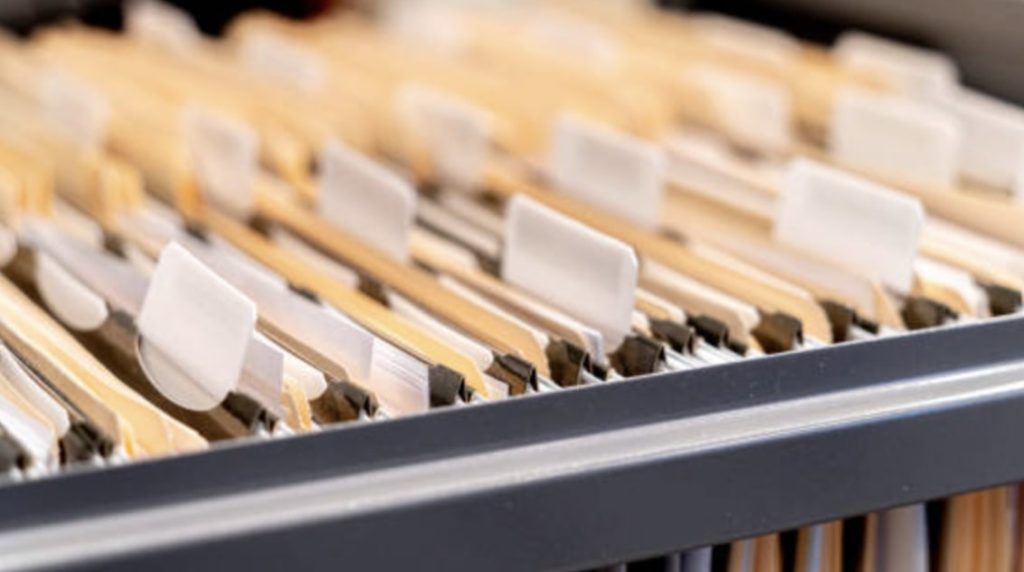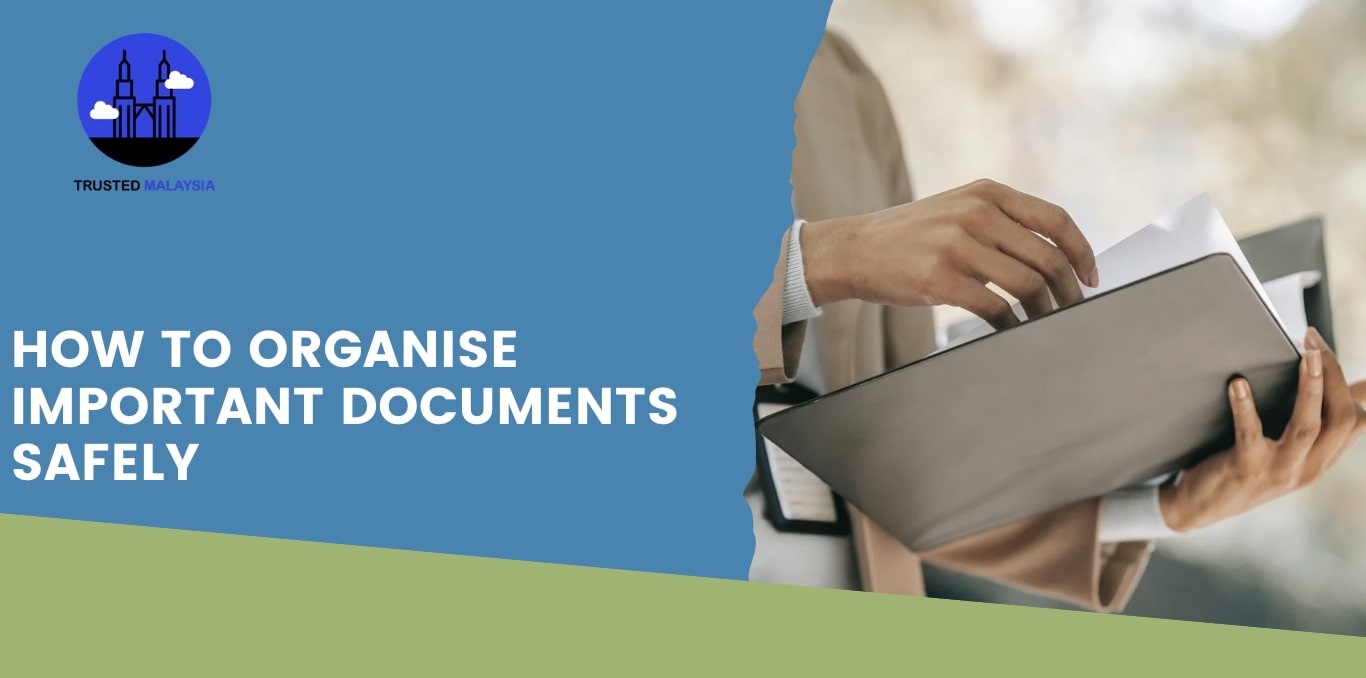How to Organise Important Documents Safely
We must be careful of all the vital documents we have, such as our passports and social security cards. Losing them will require us to undergo the lengthy process to make a new one.
For this reason, you have to learn how to organise them safely whether at home or while travelling.
What are the important documents of a person?

Here are the most important documents that people should safely keep:
- Passport
- Driver’s licence
- Social security card
- Tax documents
- Marriage certificates
- Military service document
- Insurance policies
- Business licences and permits
- Property deeds
- Home purchase files
- Healthcare documents
- Investment files
- Will and trust documents
How do you organize your IDs and documents?

Don’t follow other people’s ways wherein they randomly scatter their documents and ID cards in a drawer or room. If you do, you’ll use up more time and energy finding them when the need arises.
So organise related documents in a folder or envelope, staple receipts together, and label the folder. It also helps to sort the papers alphabetically.
And if it helps you to remember essential information, write a note on them so you won’t forget it. But remember to recycle your sticky note to reduce your impact on our beautiful planet.
Where to Store Your Important Documents

We suggest keeping your most important documents in a locked cabinet or drawer. Or better yet, put them in a safety box in an inconspicuous area of the room.
You shouldn’t treat these documents lightly, as the information they have is valuable to thieves. With them, they can access your laptop, bank account, credit card, or investment, and use them for their financial gain.
If you have a digital copy of your insurance or bank details, make sure it’s encrypted and password-secured. That will make them a lot more difficult for hackers to get ahold of and see them.
Also, others target your website accounts and apps, which can be connected to your credit card. As it often happens, we have personal information on our social media accounts, so you have to be careful about this too.
Alternatively, you can choose to store your files on an external hard drive or cloud so they can be accessed by your devices. Moreover, you might also want to inform a trusted family member about how to access your documents in case of an emergency.
Finally, when you no longer need the documents, don’t throw them in the waste bin right away. Tear, cut, or shred them to pieces so that not a single piece of information will be obtained from them by other people.


